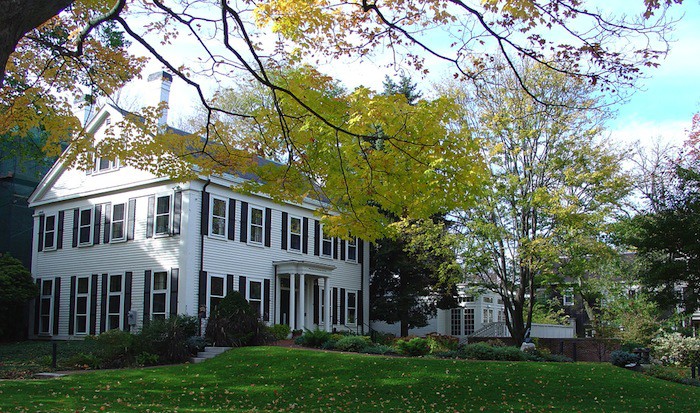
If there’s one thing most journalists learn to deal with, it’s deadlines. They may not be quite as cruelly enforced in online journalism as in print or broadcast — where presses have to run and shows have to start — but we get comfortable, at some level, with the idea that eventually you have to hit Publish.
Well, in this case, it’s not Publish you have to hit, but an important deadline is coming up for American journalists: January 31 is the last day you can apply for a Nieman Fellowship.
(Sorry, Everyone Else In the World: Your deadline was back in December.)
For those unaware, a Nieman Fellowship allows a couple dozen journalists — half American, half international — to come spend an academic year at Harvard, studying whatever they choose and improving themselves as journalists. Every fellow tackles that task in a different way — some do deep academic study in a subject they cover; some work on exploring new areas of interest; some focus on learning new ways of storytelling; some learn more about the media business or digital disruption. It’s up to each fellow to figure out the best way to take advantage of the intellectual riches of Harvard (and MIT, and Cambridge, and Boston). And in a lot of cases, the biggest gift ends up being time: the chance to step away from your job for a year to think the thoughts those aforementioned deadlines sometimes get in the way of.
I was a Nieman Fellow back in 2007-08, before starting Nieman Lab. My boss, Nieman Foundation curator Ann Marie Lipinski, was a fellow too. Here’s how she writes about it:
In ways both obvious and subtle, my Nieman fellowship year worked a special magic on me, challenging the conventions I had about journalism and my place in its ecosystem. Harvard, the curator, the other fellows, and my own independent studies served up a challenge to do more and do better.
As curator of the Nieman Foundation, I now have the privilege of offering others the same transformative experience. I have witnessed many times over the power of a Nieman fellowship to coax and inspire journalists toward a greater ambition for their industry and their craft.
I have watched new leaders emerge and return to their newsrooms with expanded vision. I have seen innovations in storytelling, news reporting, technology and organization emerge from our fellows’ singular and collective labors. I have seen journalism made stronger.
Application details are here, and you’ve still got time to get everything together. The key bits are a brief personal statement and an outline of what you’d like to focus on here; we also ask for some clips and recommendations. If you’re interested, John Breen would be happy to answer any questions about application logistics, and I’d be happy to answer any questions about the fellowship or Nieman.